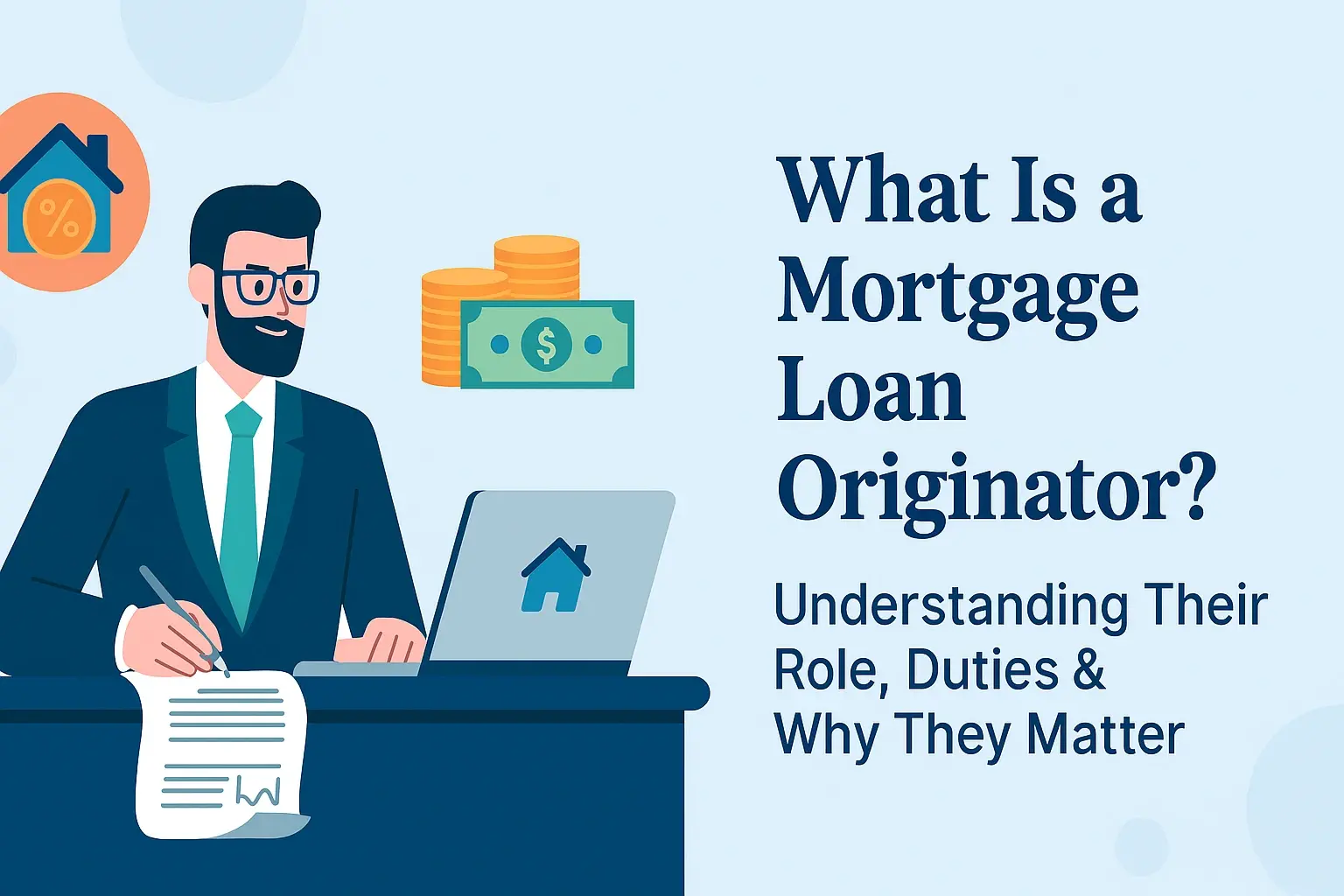-
Posted on: 01 Aug 2024

-
Your FICO score is a critical element of your financial life. It's a three-digit number that lenders use to assess your creditworthiness and determine whether to approve you for loans, credit cards, mortgages, and more. Understanding where your score falls within the FICO range is essential for making informed financial decisions. So, is a FICO score of 800 good or bad? Let's dive in.
Understanding the FICO Score Range
The FICO score ranges from 300 to 850. Here's a breakdown of what each range generally signifies:
- 300-579: Poor. This range indicates significant credit challenges. Approval for loans and credit cards may be difficult, and if approved, interest rates will likely be very high.
- 580-669: Fair. This range suggests that you have some credit challenges or a limited credit history. It may be possible to get approved for some loans or credit cards, but interest rates will likely be higher than average.
- 670-739: Good. This range is considered average. It indicates that you have a reasonably good credit history. You'll likely qualify for most loans and credit cards, although you may not get the best interest rates.
- 740-799: Very Good. This range indicates a strong credit history. You'll likely qualify for most loans and credit cards with competitive interest rates.
- 800-850: Exceptional. This range represents excellent credit. You'll qualify for the best interest rates and terms on loans and credit cards. You're considered a very low-risk borrower.
An 800 FICO Score: What It Means
With the ranges outlined above, it's clear that a FICO score of 800 falls squarely into the "Exceptional" category. This means:
- Excellent Creditworthiness: An 800 FICO score demonstrates that you have a long and consistent history of responsible credit management.
- Easy Approval: You'll likely be approved for virtually any loan or credit card you apply for.
- Best Interest Rates: You'll qualify for the lowest interest rates available, saving you potentially thousands of dollars over the life of a loan.
- Higher Credit Limits: Lenders are more likely to offer you higher credit limits, giving you greater purchasing power and flexibility.
- Negotiating Power: Your excellent credit gives you negotiating power when dealing with lenders and service providers.
The Benefits of an Exceptional Credit Score
Having an 800 FICO score opens doors to many financial benefits:
- Lower Interest Rates: This translates directly into lower monthly payments and significant savings on interest charges over the life of a loan. Whether it's a mortgage, auto loan, or personal loan, a lower interest rate can save you a substantial amount of money.
- Better Loan Terms: Lenders are more likely to offer you favorable loan terms, such as longer repayment periods or more flexible payment options.
- Increased Credit Card Rewards: You'll have access to the best credit cards with lucrative rewards programs, such as cashback, travel points, or airline miles.
- Higher Approval Odds: Your chances of being approved for rental applications, insurance policies, and even some job opportunities are significantly higher. Some landlords and employers check credit scores as part of their application process.
- Financial Flexibility: An excellent credit score provides you with greater financial flexibility and peace of mind, knowing that you have access to credit when you need it.
Maintaining an 800 FICO Score
Achieving an 800 FICO score is a significant accomplishment, but it's crucial to maintain it. Here are some tips to keep your credit score in excellent standing:
- Pay Bills On Time, Every Time: Payment history is the most important factor in your FICO score. Set up automatic payments to ensure you never miss a due date.
- Keep Credit Utilization Low: Credit utilization is the amount of credit you're using compared to your total available credit. Aim to keep your credit utilization below 30%, and ideally below 10%. For example, if you have a credit card with a $10,000 limit, try to keep your balance below $3,000 (30%) or even better, below $1,000 (10%).
- Don't Max Out Credit Cards: Maxing out your credit cards can severely damage your credit score. It signals to lenders that you may be overextended and struggling to manage your debt.
- Diversify Your Credit Mix: Having a mix of different types of credit, such as credit cards, installment loans (like auto loans or student loans), and mortgages, can positively impact your credit score. However, don't apply for credit you don't need just to diversify.
- Monitor Your Credit Report Regularly: Check your credit reports from all three major credit bureaus (Equifax, Experian, and TransUnion) at least once a year to ensure there are no errors or fraudulent activity. You can obtain free copies of your credit reports annually through AnnualCreditReport.com.
- Avoid Opening Too Many New Accounts: Opening multiple new credit accounts in a short period can lower your average age of accounts and may raise red flags for lenders.
- Be Patient: Building and maintaining excellent credit takes time. Consistency and responsible credit management are key.
Common Mistakes That Can Hurt Your Credit Score
Even with an 800 FICO score, it's important to be aware of common mistakes that can negatively impact your credit health:
- Late Payments: Even a single late payment can lower your credit score.
- High Credit Card Balances: As mentioned earlier, high credit card balances negatively affect your credit utilization ratio.
- Applying for Too Much Credit at Once: Each credit application triggers a hard inquiry on your credit report, which can slightly lower your score.
- Defaulting on Loans: Defaulting on a loan or other debt will severely damage your credit.
- Errors on Your Credit Report: Incorrect information on your credit report can negatively impact your score. Regularly review your credit reports and dispute any errors you find.
- Ignoring Debt: Ignoring debt collectors or avoiding overdue bills will only worsen the situation and can lead to more severe consequences, such as legal action.
Improving Your Credit Score if It's Not 800
If your FICO score isn't quite at the 800 mark, don't worry. There are steps you can take to improve your creditworthiness. Here are a few strategies:
- Check Your Credit Report: Obtain copies of your credit reports from Equifax, Experian, and TransUnion. Look for any errors, inaccuracies, or outdated information that could be dragging down your score. Dispute any errors with the credit bureau in writing.
- Pay Down Debt: Focus on paying down high-interest debt first, such as credit card balances. This will improve your credit utilization ratio and lower your overall debt burden.
- Make Timely Payments: Set up automatic payments or reminders to ensure you never miss a due date. Even small improvements in your payment history can make a difference.
- Become an Authorized User: If you have a friend or family member with excellent credit, ask if they'll add you as an authorized user on their credit card. Their positive credit history can help boost your score.
- Consider a Secured Credit Card: If you have limited or poor credit history, a secured credit card can be a good way to rebuild your credit. These cards require a cash deposit as collateral, which acts as your credit limit.
- Avoid Opening Too Many New Accounts: Resist the urge to apply for multiple credit cards or loans at once. This can lower your average age of accounts and trigger multiple hard inquiries, potentially lowering your score.
How Long Does It Take to Improve Your Credit Score?
The time it takes to improve your credit score varies depending on your individual circumstances and the severity of your credit issues. Some people may see improvements within a few months, while others may need a year or more to significantly raise their score. The key is to be patient, persistent, and consistent with your efforts to improve your credit habits.
The Impact of a High Credit Score on Your Life
Beyond just getting approved for loans and credit cards, a high credit score can have a significant impact on many aspects of your life. It can save you money on insurance premiums, make it easier to rent an apartment, and even improve your chances of getting a job. In today's world, your credit score is often used as a measure of your financial responsibility and stability. By maintaining an 800 FICO score, you demonstrate that you are a reliable and trustworthy borrower, which can open doors to many opportunities.











